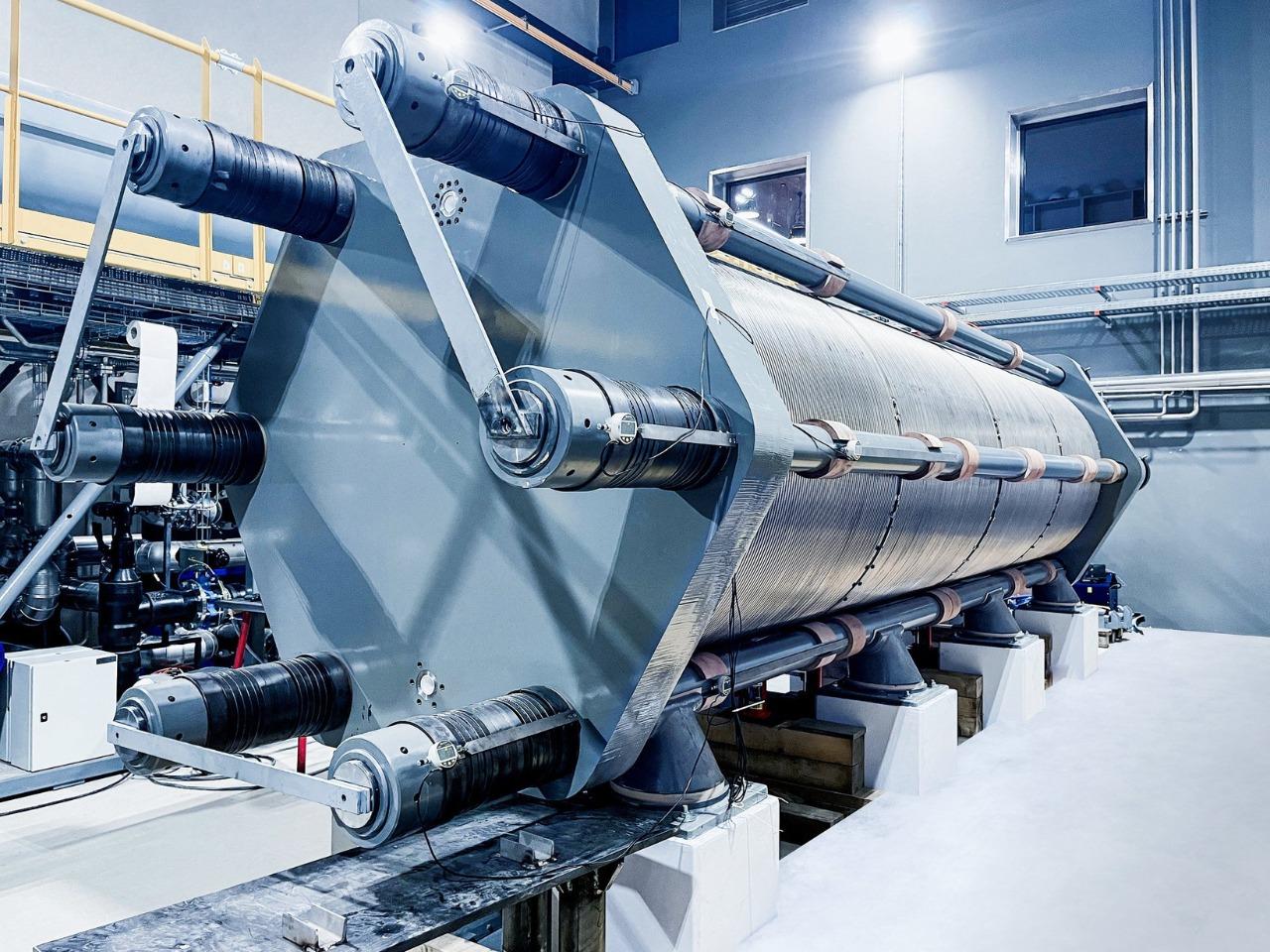Key market barriers in hydrogen electrolyzer market slowing adoption and growth

High Capital Expenditure and Financing Challenges
The hydrogen electrolyzer market is currently restrained by the significant upfront investment required for electrolyzer systems and related infrastructure. High capital costs deter smaller companies and developing regions from adopting these technologies at scale.
Financing mechanisms, including grants, subsidies, and innovative funding models, are essential to overcoming this barrier. Increased public-private partnerships can help reduce financial risks and encourage investments.
Infrastructure Limitations
A major barrier to the market is the insufficient infrastructure for hydrogen production, storage, transportation, and distribution. Without adequate pipelines, refueling stations, and storage facilities, electrolyzer deployment remains limited, especially in remote or less-developed regions.
Developing integrated hydrogen ecosystems that connect production sites to end-users is critical to unlocking market potential and supporting widespread adoption.
Technological Challenges and Performance Limitations
Although electrolyzer technologies have advanced, challenges such as durability, efficiency under variable renewable energy supply, and material degradation persist. These technological limitations can affect reliability and operational costs.
Ongoing research and development are necessary to improve system lifespan, reduce maintenance needs, and enhance overall performance, which will help mitigate these barriers over time.
Regulatory and Policy Hurdles
Complex and inconsistent regulatory frameworks across countries create uncertainty for investors and developers. Permitting processes, safety standards, and hydrogen certification protocols vary widely, complicating project implementation and market entry.
Harmonizing regulations and providing clear policy roadmaps will reduce barriers and create a more conducive environment for market growth.
Market Awareness and Skilled Workforce
Limited awareness among potential end-users and a shortage of skilled professionals in hydrogen technologies also pose barriers. Education, training programs, and stakeholder engagement initiatives are vital to building market confidence and technical capacity.
Increasing industry-academia collaboration can help develop the necessary talent pool to support market expansion.
Conclusion
While the hydrogen electrolyzer market holds tremendous promise, overcoming key barriers related to costs, infrastructure, technology, regulation, and workforce is essential for accelerated growth. Strategic efforts from governments, industry players, and research institutions will be crucial to dismantle these obstacles and unlock the full market potential.
- AI
- Vitamins
- Health
- Admin/office jobs
- News
- Art
- Causes
- Crafts
- Dance
- Drinks
- Film
- Fitness
- Food
- Παιχνίδια
- Gardening
- Health
- Κεντρική Σελίδα
- Literature
- Music
- Networking
- άλλο
- Party
- Religion
- Shopping
- Sports
- Theater
- Wellness


